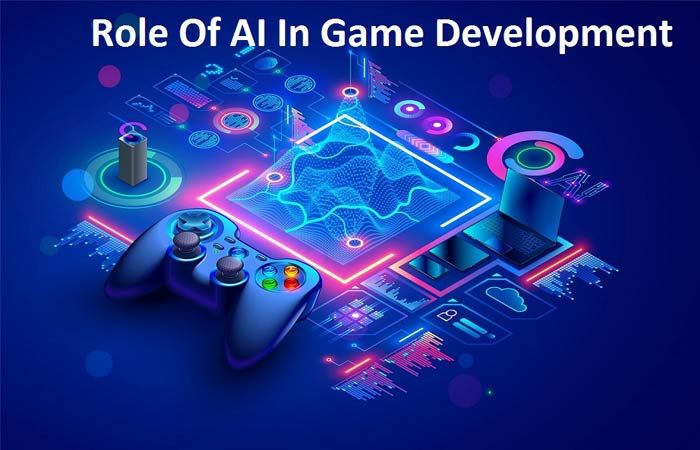Artificial Intelligence (AI) has rapidly made its way into numerous industries, revolutionizing processes and improving overall efficiency. The world of game design is no exception to the transformative power of AI. In recent years, the integration of AI technology has significantly impacted the game design ideation process. This article delves into the role of AI in game design ideation and explores how this remarkable technology is shaping the future of gaming.
1. Understanding AI in Game Design Ideation
In order to comprehend the influence of AI on game design ideation, it is crucial to grasp its fundamental concepts. Artificial Intelligence refers to the simulation of human intelligence in machines that can analyze, learn, and make decisions. In the context of gaming, AI helps game designers generate and refine ideas by providing automated solutions, intelligent analysis, and innovative suggestions.
2. AI’s Contribution to Game Design Ideation
2.1. Idea Generation and Conceptualization
AI algorithms have the capability to analyze vast amounts of data, including existing games, player preferences, and market trends. By analyzing this information, AI software can generate unique ideas and concepts for game development. This significantly reduces the time-consuming nature of brainstorming sessions and offers designers a broader pool of ideas to explore.
2.2. Assisting Game Designers
AI can act as a virtual assistant to game designers during the ideation process. By utilizing machine learning algorithms, AI systems are able to comprehend designers’ preferences and patterns, providing tailored design suggestions and solutions. This collaboration between AI and human designers allows for a more efficient and streamlined ideation process, resulting in improved game concepts.
3. Enhancing Player Experience
AI’s impact on game design ideation extends beyond simply generating ideas. AI technology has also revolutionized how designers create games that offer enhanced player experiences. By understanding player behaviors, AI can suggest features and mechanisms that provide a more immersive and engaging experience for gamers. For instance, AI can identify patterns in player reactions and adapt game difficulty levels accordingly, ensuring a balanced and challenging gameplay experience.
4. AI and Procedural Content Generation (PCG)
Procedural Content Generation (PCG) is an area where AI has significantly influenced game design ideation. PCG involves using algorithms to create game content such as levels, maps, characters, and quests. AI-driven PCG enables designers to quickly generate diverse and dynamic game worlds, reducing the need for manual content creation. With AI assistance, game designers can focus on refining and optimizing gameplay mechanics rather than solely focusing on content creation.
5. Overcoming Challenges
While AI brings immense potential to game design ideation, it is not without challenges. One of the main concerns is ensuring that AI-generated ideas remain original. AI systems analyze existing games extensively, increasing the risk of unintentional plagiarism. Additionally, there is a need to strike a balance between AI assistance and maintaining the creative input of human designers. Collaboration between AI and human designers should aim to enhance, rather than replace, human creativity.
Conclusion
As AI technology continues to advance at an astounding pace, its contribution to game design ideation becomes increasingly significant. From idea generation to enhancing player experiences, AI plays a vital role in shaping the future of gaming. By leveraging the power of AI algorithms, game designers now have access to automated solutions, intelligent analysis, and innovative suggestions, ultimately leading to the creation of more immersive and captivating game experiences. The integration of AI in game design ideation has undoubtedly revolutionized the industry, opening up endless possibilities for the future of gaming.


